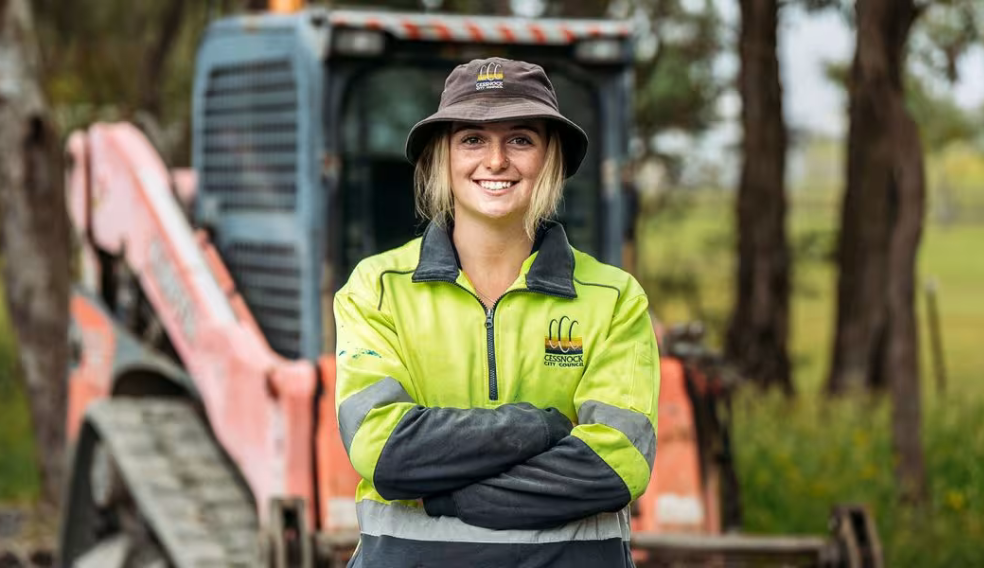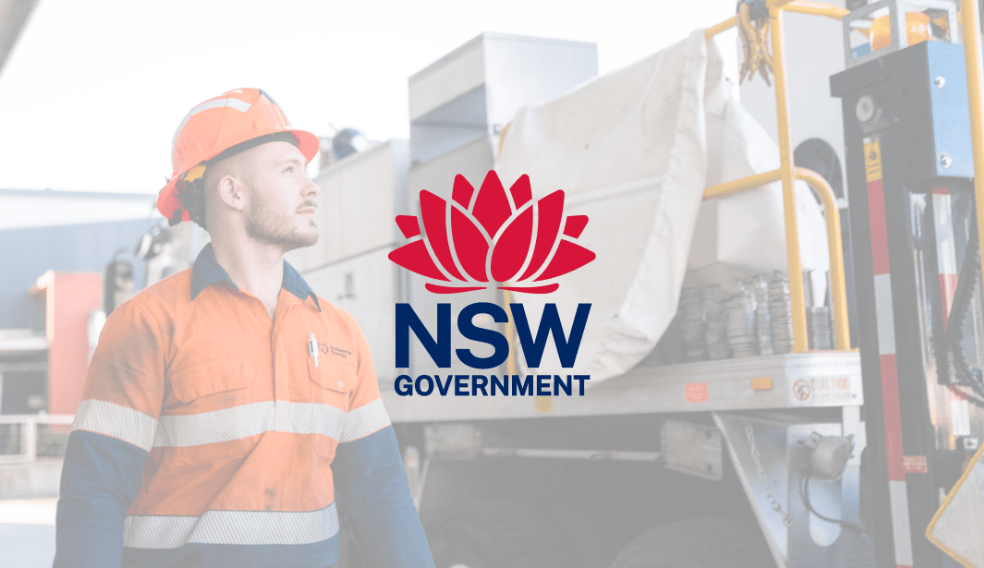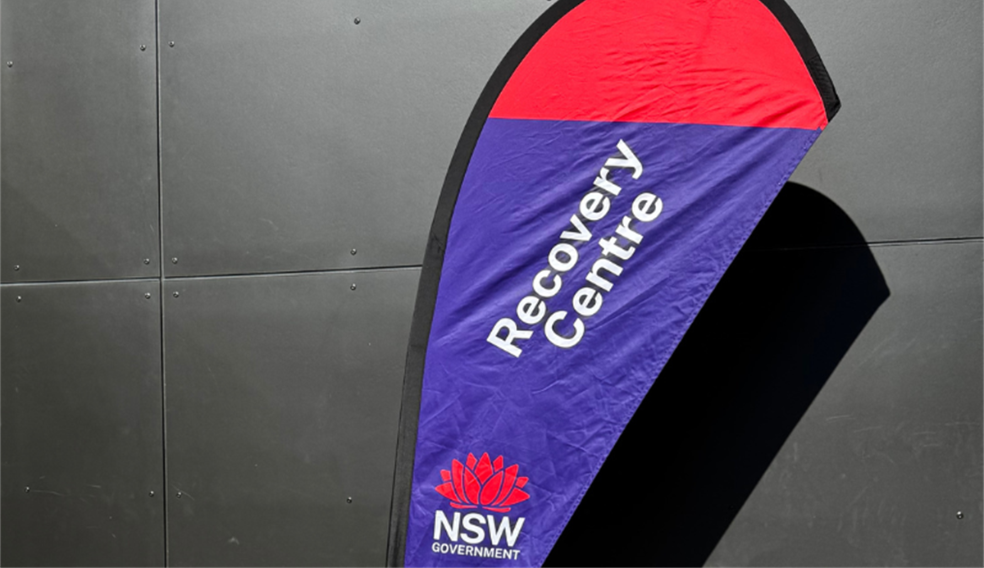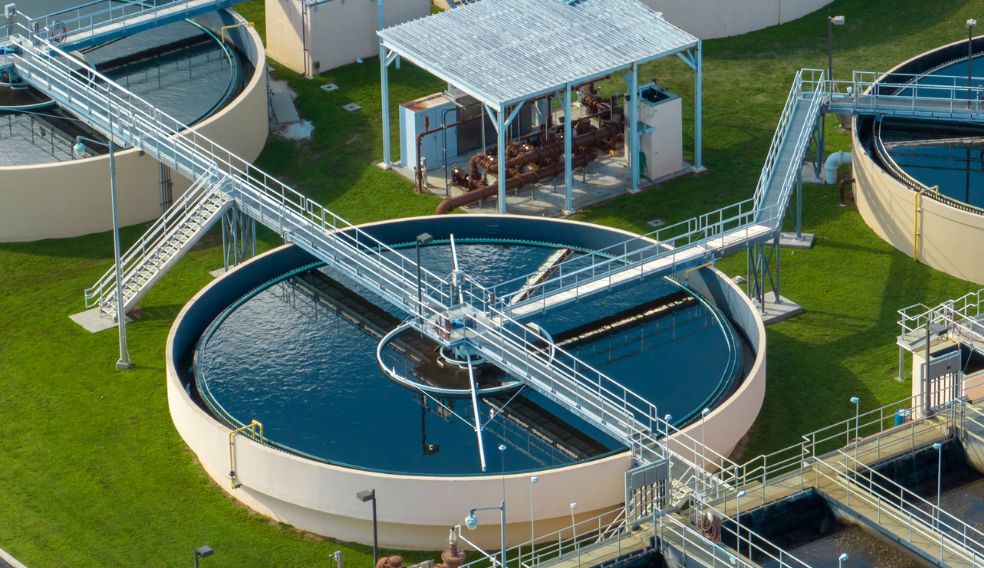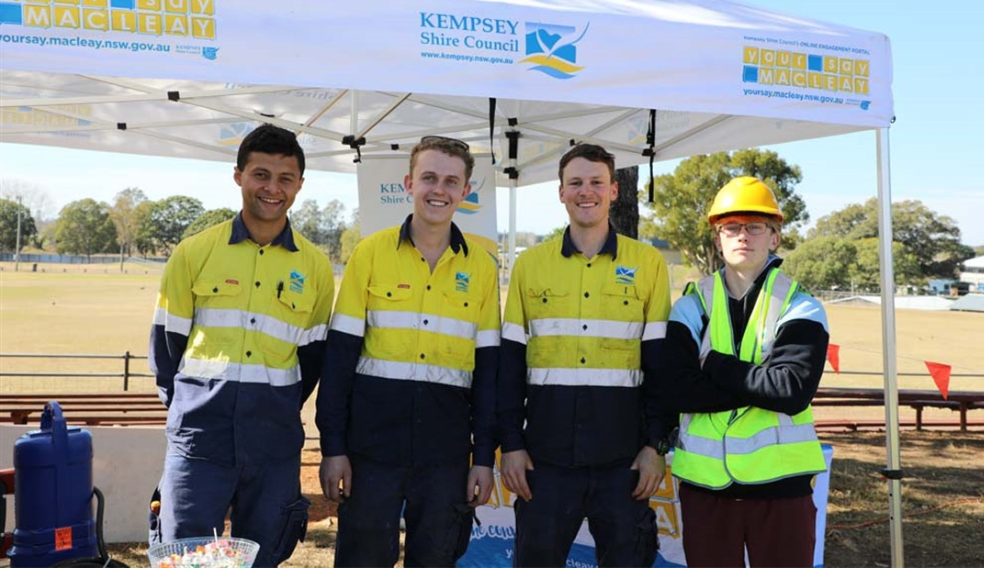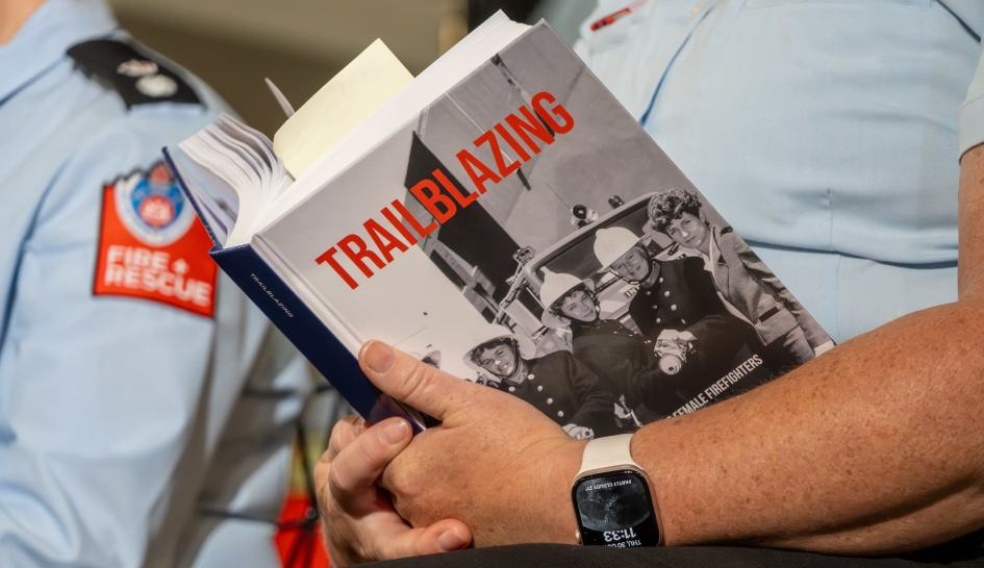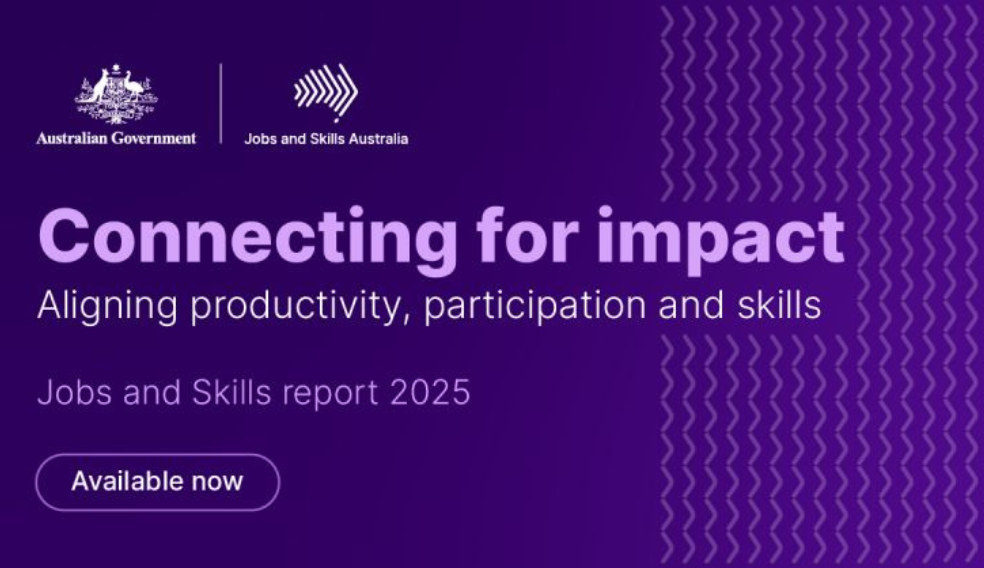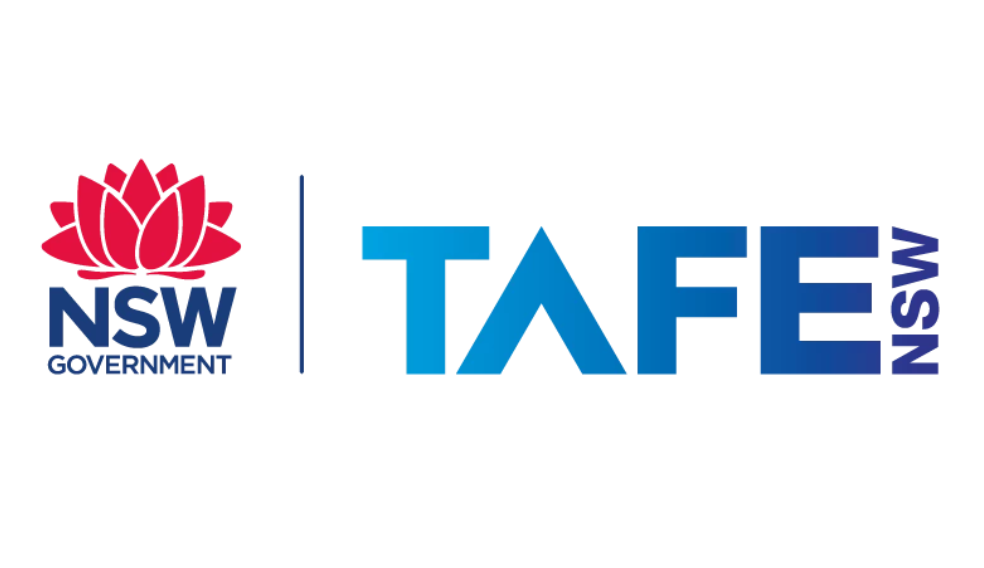Nov 20, 2025
NSW Public Sector ITAB November 2025 Newsletter
Save the dates for the 2026 GTAN and WTAN forums
The Public Sector ITAB has facilitated the Government and Public Safety Skills and Training Network (GTAN) and the Water Industry Skills and Training Network (WTAN) online forums to provide an informal space for stakeholders to meet and share information on workforce development and accredited training NSW.
These online sessions include presentations from a range of experts who share their insights and practices in skills development and workforce planning in their sector or organisation. Updates on the latest NSW funding initiatives and training package projects are also provided.
Please place these online forum dates in your diary:
Dates: Tuesday, 24 February 2026 & Tuesday, 12 May 2026
- GTAN: 10:00am - 11:30am
- WTAN: 1:30pm - 3:00 pm
To access recordings and slides from previous GTAN and WTAN Forums, please visit the ITAB Events Page.
Fresh Start Program hits milestone with 500 new council recruits
The NSW Government’s Fresh Start program has reached a major milestone, with 500 apprentices, trainees and cadets now employed across local councils statewide. The initiative is part of a $252.2 million investment supporting councils to hire 1,300 new entrants over six years.
Since its launch last year, councils have embraced the opportunity to grow their workforces, with more than 1,000 roles approved for commencement and the 500th participant now on board at Dubbo Regional Council. More than 60% of positions are based in regional and rural councils, helping young people begin careers close to home.
Under Fresh Start, the NSW Government fully funds wages for participants who are gaining nationally recognised qualifications while contributing to essential council services from civil construction, parks and fleet maintenance to childcare, planning, engineering, HR and water operations. These roles span a broad mix of high-demand occupations, including technical trades, early childhood educators, project administrators and water industry operators, reflecting the diverse skills councils need to deliver local services.
The program is addressing key skills shortages, strengthening in-house capability, and reducing reliance on contractors. The intake is also notably diverse: 70% are under 25, 12% identify as Aboriginal or Torres Strait Islander, 5% have a disability, and 39% are female.
A further 292 apprenticeships have been approved from the Round 3 intake for a 2026 start across 73 councils, demonstrating ongoing demand and strong support for rebuilding local government workforce capacity.
Read the full article here
NSW Fee-Free traineeships
Traineeships remain one of NSW’s most effective pathways into stable, rewarding careers across a diverse range of industries. The NSW Government has announced a continuation of the Fee-Free Traineeship initiative until 30 June 2027, which can remove training costs of up to $1,000 per person for eligible participants.
Under this initiative, trainees can combine paid employment with nationally recognised training, gaining hands-on experience and formal qualifications simultaneously. Most traineeships take between one and two years to complete and are designed to build practical, work-ready skills aligned with industry needs.
Currently, more than 390 traineeship qualifications are subsidised through the Smart and Skilled program. These span priority sectors such as early childhood education and care, health and allied services, business administration, information technology, community services, hospitality, logistics, and warehouse operations.
Employers are encouraged to take advantage of the available supports including Commonwealth wage subsidies, mentoring programs, and training incentives which can be combined with the fee-free policy to make employing trainees more affordable and sustainable.
Further details, including eligibility criteria and a full list of funded traineeship qualifications, are available on the Skills NSW website.
NSW launches new disaster recovery support panel
The NSW Government has announced a new initiative to speed up the delivery of essential equipment such as generators and clean water systems, as well as temporary accommodation for communities recovering from natural disasters.
A Disaster Recovery Standing Panel will be established to include verified suppliers capable of rapidly providing goods and services after floods, bushfires, storms and other severe weather events.
The aim is to streamline procurement, improve coordination, and ensure critical resources reach affected areas as quickly as possible.
The NSW Reconstruction Authority is calling for expressions of interest from qualified suppliers to join the Panel and are particularly interested in local small businesses. The first stage of this process focuses on the hiring of items like temporary shelters, fencing, lighting, generators, portable bathrooms and water purification units.
Suppliers accepted onto the Panel will form part of a ready-to-respond network supporting disaster-impacted communities. To apply, businesses must hold an ABN and be registered on the buy.nsw platform.
EOIs will close on 21 November with submissions accepted via the Opportunities Hub
NSW SES hosts inaugural statewide Flood Rescue Challenge
The NSW State Emergency Service (SES) has launched its inaugural Flood Rescue Challenge, bringing together more than 150 volunteers for two days of intensive, scenario-based training at the Penrith Whitewater Stadium on 8–9 November.
Seven teams representing each SES zone took part in a series of realistic flood rescue exercises, including large-scale casualty incidents, vehicle extractions from rising water, and rapid-water rescues involving simulated swept-away victims. The event provided volunteers with a live, hands-on environment to refine the specialist skills required during major flood operations.
The Challenge comes after an exceptionally demanding year for the NSW SES. Volunteers have carried out more than 1,100 flood rescues in 2025, more than double the number recorded during the same period in 2024.
Assistant Commissioner Dean Storey said the training scenarios were designed to mirror the complex and unpredictable situations crews encounter in the field, while strengthening teamwork and adaptability. “While competitive in spirit, the real purpose is to give volunteers the chance to practise, learn and sharpen the advanced skills needed to save lives in floodwaters,” he said.
The Flood Rescue Challenge builds on SES efforts to expand rescue capability statewide. Since 2022, more than 2,000 SES members and partner agency personnel have completed accredited flood rescue training. Assistant Commissioner Storey said the event marks another step in preparing volunteers for increasing climate-driven emergency demand.
Read the full article on the NSW SES website.
NSW DCEEW releases Competency Benchmark for LWU operators
The NSW Department of Climate Change, Energy, the Environment and Water (DCCEEW) has released a new Competency Benchmark for local water utility (LWU) operators, developed following extensive consultation across the water sector and training industry.
The release also includes a summary of the feedback received through the consultation process, with thanks extended to all stakeholders who contributed.
The benchmark has been designed to tackle long-standing challenges in the sector, including inconsistent training expectations, limited access to high-quality training, and a lack of clear, standardised guidance on the skills required for critical operational roles. Its implementation will be progressed in partnership with industry as part of Phase 3 of the Town Water Risk Reduction Program.
Stakeholders are encouraged to stay informed about next steps and updates by subscribing to the monthly LWU newsletter.
Register now for the Macleay 2026 School–Industry Connection Day
Local employers are invited to register for the 2026 School–Industry Connection (SIC) Day in the Macleay, taking place on Thursday, 18 June 2026. The annual event connects senior students from Kempsey and surrounding areas with local businesses, showcasing career pathways, traineeships, apprenticeships (including school-based options), and casual employment opportunities.
SIC Day provides a valuable platform for industry to engage directly with young people, promote workforce opportunities, and strengthen local talent pipelines.
Businesses and stallholders can now submit an Expression of Interest via the registration form:
SIC Day in the Macleay 2026 – Employer & Stallholder Registration
Further event information will be provided in early 2026, and calendar invitations will be issued once EOIs are received. Organisers welcome feedback and encourage participants to share the invitation with other interested businesses.
For any questions or to discuss your involvement, please reach out to the event coordinator.
FRNSW celebrates 40 years of women in firefighting
Fire and Rescue NSW (FRNSW) has marked 40 years of women in operational firefighting with the launch of a new book, Trailblazing: The History and Stories of Female Firefighters in Fire and Rescue NSW. The event, held at the Museum of Fire in Penrith, brought together senior emergency services leaders and contributors to the publication.
The book documents the experiences of women who were first permitted to join the firefighting ranks in 1985, capturing their challenges, achievements and the evolution of gender diversity within the organisation. Led by Assistant Commissioner Cheryl Steer AFSM, the project was developed over five years and written by Chrissy Strickland with support from FRNSW and the Museum of Fire.
Commissioner Jeremy Fewtrell AFSM, reflected on the significance of these firsthand accounts, noting how the courage and resilience of early female firefighters helped shape today’s diverse and professional workforce. The contributors were praised for their commitment, acknowledging the progress made over four decades and the important role women continue to play in serving NSW communities.
The book stands as a celebration of the women who broke barriers and helped build a stronger, more inclusive fire service that can adapt to modern demands.
JSA releases Jobs and Skills report
Jobs and Skills Australia has released its Connecting for Impact: Jobs and Skills Report 2025, highlighting how better alignment between people’s skills and job requirements is now critical to lifting national productivity and reducing workforce shortages. The report emphasises that improved matching supported by stronger training pathways, inclusive workplaces and digital capability uplift is vital across government, emergency services and essential industry sectors.
For NSW, the report is particularly relevant to public safety, health, water and local government workforces. JSA notes persistent shortages across care, health and emergency services, and highlights that occupations with stronger inclusivity experience fewer shortages. First Nations and women workers remain under-represented in higher-skill public sector roles, with only 10% of First Nations workers employed in gender-balanced occupations.
The report also calls for urgent system-wide investment in digital and AI skills, an important direction for NSW public sector modernisation, policing technology, emergency operations and local government digital reform.
JSA’s modelling further shows many regional NSW communities face “job deficit” conditions, where matching is efficient, but vacancies are limited, affecting water utilities, community safety and essential services.
Apprenticeships and traineeships continue to grow in key public-good occupations, including a four-fold increase in female electrical apprentices since 2015, supporting future workforce capability.
Overall, Connecting for Impact offers timely evidence to guide NSW agencies and industry partners in strengthening skills pipelines, improving inclusion, and planning for future workforce demand.
NSW Government confirms long-term funding for TAFE NSW
The NSW Government has announced a major reform to provide secure, long-term funding for TAFE NSW, ending the decade-long practice of requiring the public provider to compete annually with private training organisations for government funds.
From 2026, TAFE NSW will receive a stable, predictable budget, allowing it to plan training delivery with greater certainty and reduce administrative overheads.
The move is expected to save more than $80 million over four years, freeing teachers from excessive compliance processes so they can focus on curriculum development and student support.
The reform responds directly to recommendations of the NSW VET Review and aligns with the Government’s broader commitment to strengthen public vocational education, supported by a record $3.4 billion investment in Skills and TAFE in the 2025–26 Budget.
Minister for Skills, TAFE and Tertiary Education Steve Whan said the change recognises the expertise of TAFE NSW teachers and reinforces TAFE’s role as the state’s anchor provider of high-quality vocational training. Industry, community and independent training organisations will continue to play a complementary role in addressing NSW’s diverse skills needs.
The NSW Teachers Federation has welcomed the decision, noting it returns TAFE NSW to its rightful place as a stable, public education institution focused on teaching, curriculum quality and addressing ongoing skills shortages across the state.
Discussion Paper to advance Australia’s shift to ‘skills-first’ economy
Jobs and Skills Australia (JSA) has released a new discussion paper, Building a system that puts people and skills first, outlining the next major step in developing the National Skills Taxonomy (NST), a core reform designed to modernise how Australia understands, develops and recognises skills.
The paper positions the NST as essential to transitioning Australia from a qualification-led system to a skills-first workforce ecosystem, where skills are the fundamental currency of learning, hiring and career mobility. JSA notes that in an era of rapid technological change, AI adoption and evolving job design, traditional qualifications alone no longer capture the full breadth and speed of skills required in modern workplaces.
The NST will create a common skills language, enabling clearer communication between industry, VET, higher education, and non-formal training providers. This will give employers better visibility of workers’ capabilities, support more targeted training investment, and improve alignment between education pathways and labour market needs.
The discussion paper emphasises that adopting a skills-first approach will help Australia build a more agile, inclusive and productive workforce, and strengthen national capacity to respond to emerging skills demands.
JSA is now seeking industry input to shape the next phase of the National Skills Taxonomy. This represents an important opportunity for employers, industry bodies and training partners to help define the skills architecture that will underpin future workforce planning, job design and training delivery across the country.
National Jobs and Skills Councils Update
Jobs and Skills Councils (JSCs) are a national network of industry owned and led organisations, designed to provide leadership in addressing national skills and training needs.
They have been established to supply industry with a strong and strategic voice within the VET sector as part of broader government-led skills reform.
BuildSkills Australia (BSA): Access BSA’s current projects via the links below:
- Housing Workforce Capacity Study
- Water Sector Workforce Roadmap
- White Card Implementation
- Minimum Australian Context Gap Training for Migrant Plumbers
- Utility Locating
- Civil Construction Review
- Hydrogen Skill Needs in the Plumbing and Gas Industry
- Insulation Installation & Inspection
Water industry stakeholders should reach out to George Wall for any specific water sector issues.
Future Skills Organisation (FSO): Access FSO’s current projects via the links below:
- Supporting Generative AI Adoption by Workers: The Role of Employers
- ICT Training Package: Needs and Gap Analysis
- Qualification Design to Support Digital Capability
- Uplift Digital Capability
- Entry Level Pathways
- Digital Capability Training Product Trial (TPT)
- Telecommunications Technology Qualifications Update
- Specialist Artificial Intelligence
- Specialist Cyber Security Skills
Public Skills Australia (PSA): Access PSA’s current projects via the links below:
- Defence Capability – VET Systems Pathways Framework
- Defence Cyber Risk Assessment
- Review of Procurement and Contracting Qualifications
- POL - Police Training Package Release 11
- Defence Youth Development
- Volunteer Leadership Project
- Review of Government Investigations Qualifications
- Correctional Services Implementation Findings Report
- Local Government Skills Audit
- Auslan, Interpreting and Translating Qualification Review
- Complex Infrastructure



